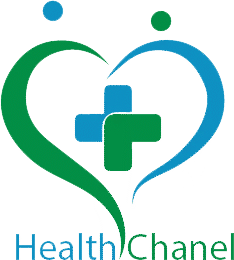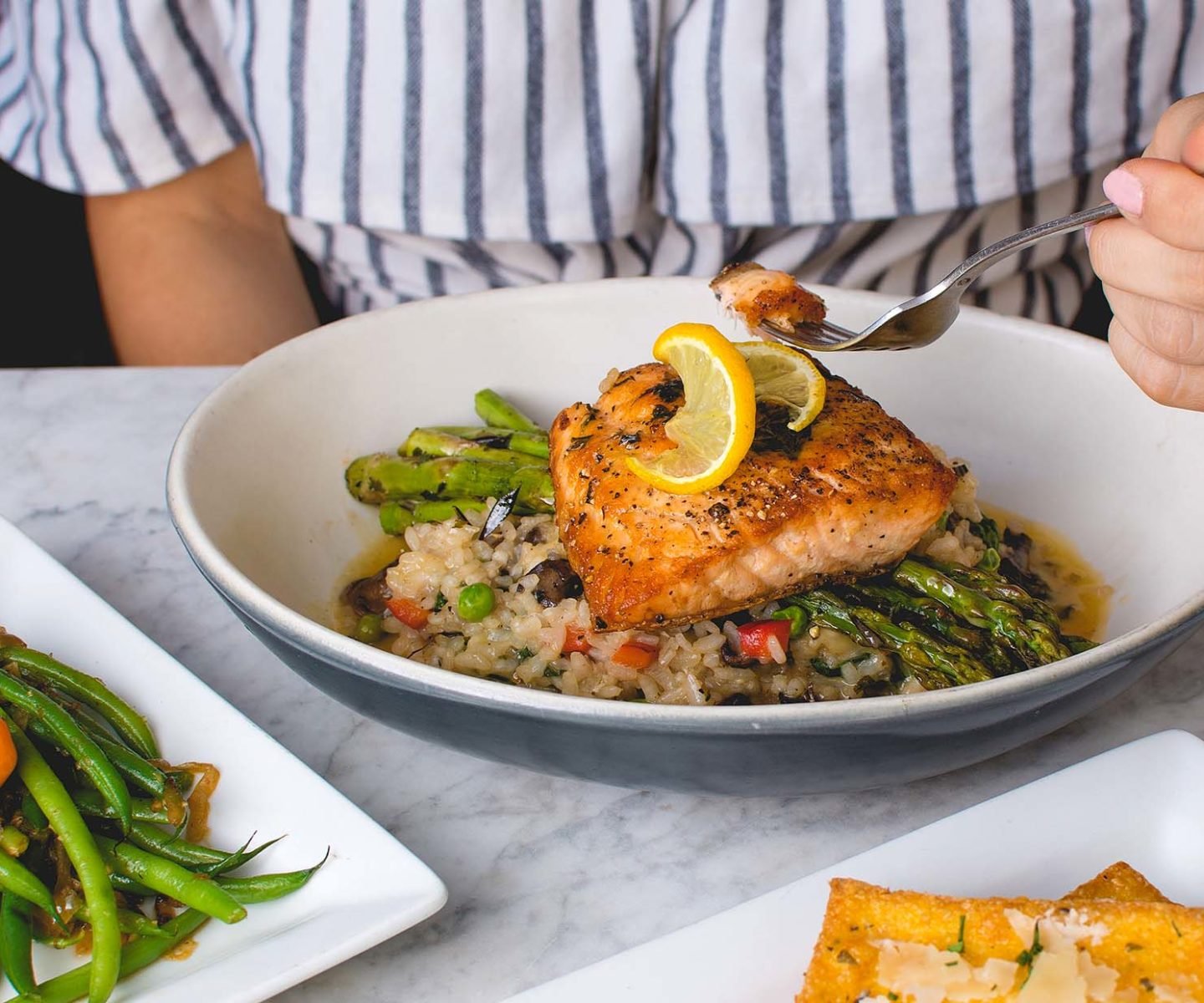Table of Contents
What Is a Pescatarian Diet?
A pescatarian diet is a mostly plant-based diet that includes fish and seafood but avoids other meats like poultry, beef, and pork. It focuses on fruits, vegetables, whole grains, legumes, nuts, seeds, and dairy (if desired), while making seafood the main source of animal protein.
Unlike strict vegetarians, pescatarians eat fish, which makes it easier to meet protein needs and get important nutrients like omega-3 fatty acids. This makes it a great option for anyone who wants to eat clean without cutting out all animal products.
What are Health Benefits of a Pescatarian Diet?
Choosing a pescatarian lifestyle has plenty of proven benefits for both your body and long-term wellness:
- Supports heart health thanks to omega-3 rich fish like salmon, mackerel, and sardines.
- Aids in weight management with lean proteins and nutrient-dense plant foods.
- Improves digestion by increasing fiber from fruits, vegetables, and legumes.
- Reduces inflammation with healthy fats and antioxidants.
- Lowers risk of chronic diseases such as diabetes and certain cancers.
- Encourages sustainable eating compared to meat-heavy diets.
Many people also report feeling lighter, more energized, and more focused after switching to a plant-based pescatarian diet.
Read Also: Your Ultimate Mediterranean Diet Guide: 7-Day Plan, Recipes & Real Food Tips
Key Components of a Healthy Pescatarian Diet
To make the most of this way of eating, focus on balance and variety. Here’s what your food should regularly include:
1. Fish and Seafood (Main Protein Source)
Aim for 2–3 servings of fish per week, focusing on those high in omega-3s.
- Salmon, sardines, and mackerel (excellent omega 3 fatty acid foods)
- Tuna, trout, and anchovies
- Shellfish like shrimp, mussels, and scallops
These choices provide high-quality protein per body weight, essential fatty acids, and important food vitamins.
2. Plant-Based Foods
These form the foundation of the pescatarian diet.
- Leafy greens, sweet potatoes, broccoli, bell peppers
- Whole grains like quinoa, oats, brown rice
- Legumes: lentils, chickpeas, black beans
- Nuts and seeds: almonds, flaxseeds, chia seeds
- Fruits: berries, apples, bananas, oranges
A plant-based diet is rich in fiber and antioxidants that support overall nutrition and health.
3. Healthy Fats
Incorporate good fats for a healthy diet and improved brain and heart function.
- Avocados
- Extra virgin olive oil
- Nuts and seeds
- Fatty fish
These fats are key to health nutrition and help your body absorb fat-soluble vitamins.
4. Dairy and Eggs (Optional)
While not essential, they can be part of a healthy pescatarian diet:
- Greek yogurt
- Cottage cheese
- Eggs (a great source of protein and B vitamins
Foods to Avoid on a Pescatarian Diet
Even though this is a flexible way of eating, avoid these to stay on track:
- Red and processed meats (bacon, sausage, beef)
- Fried or breaded seafood
- Highly processed packaged foods
- Sugary snacks and drinks
- Excess dairy products loaded with fat and sugar
These foods can interfere with a healthy lifestyle and slow progress if your goal is to lose weight or boost your energy.
Sample Daily Pescatarian Meal Plan
Breakfast: Oatmeal topped with chia seeds, almond butter, and berries
Lunch: Quinoa bowl with grilled salmon, spinach, roasted veggies, and olive oil dressing
Snack: Greek yogurt with walnuts and honey
Dinner: Stir-fried tofu and shrimp with brown rice and steamed broccoli
Optional Dessert: A small square of dark chocolate or a baked apple with cinnamon
Becoming Pescatarian: What to Know
If you’re transitioning from a meat-eat lifestyle, start slowly:
- Replace meat with seafood twice a week.
- Explore different types of fish to find what you enjoy.
- Focus on building flavor with herbs, spices, and fresh ingredients.
- Plan meals ahead to avoid falling back on processed options.
This lifestyle is not about restriction—it’s about nourishing your body with clean, wholesome foods that support being healthy every day.
Bottom Line
Whether you’re interested in the benefits of a plant-based diet, trying to improve your nutrition and health, or just want a sustainable way to eat better, the pescatarian diet is a practical and enjoyable path. It offers the best of both worlds: the health benefits of omega-3-rich fish and the healing power of plants.
Eating this way doesn’t just help you feel better, it supports a healthy lifestyle for the long run. It’s all about health, balance, and making food choices that help you thrive.

